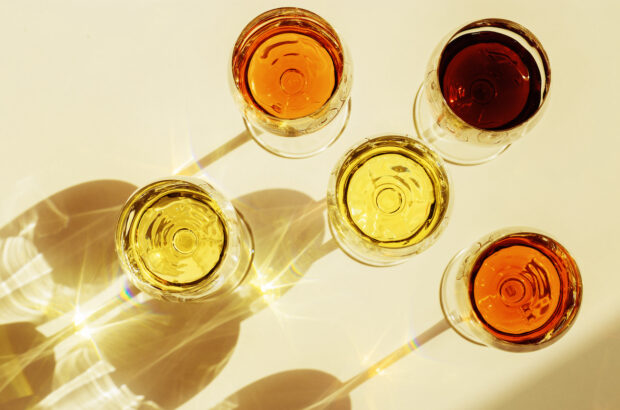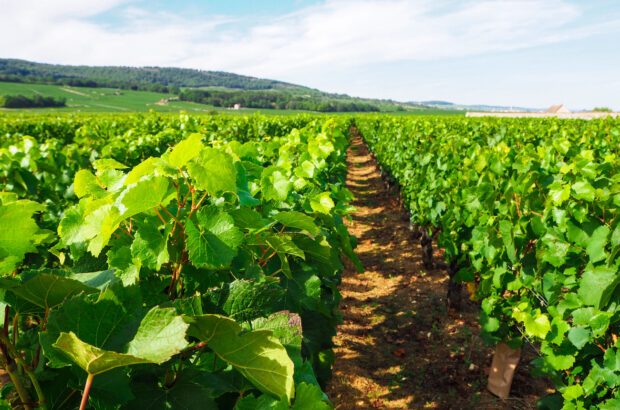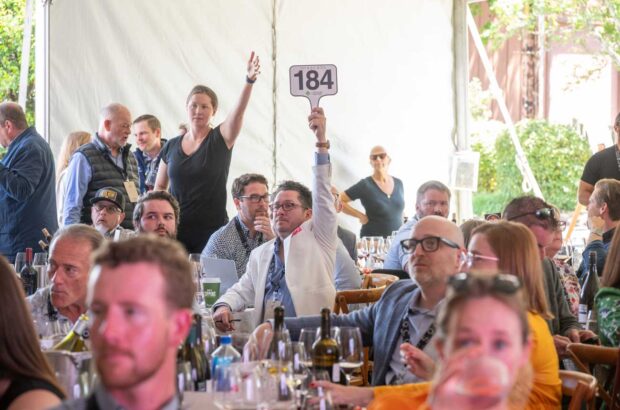Vignobles Ducourt, which owns 440 ha in the Bordeaux region, has planted its first 'no spray vineyard' consisting of grapes crossed with disease resistant varieties.
The plantings, which took place last month, aim to offer a reduction of ‘80-100% of fungicides and pesticides’ and follows more than a year of research by winemaker Jeremy Ducourt who believes ‘reducing pesticide use is a moral, social and economic responsibility’.
A total of 3.3ha of experimental vines have been planted, comprising 1.3ha of ‘Cal604’, a white grape variety from Germany based on a mix of Sauvignon Blanc and Riesling as well as 1.7ha of ‘Cabernet Jura’, a red variety from Switzerland based on a mix of Cabernet Sauvignon, each crossed with a resistant variety respectively.
‘This is not scary, big-business genetic modification,’ says Ducourt, ‘it’s just doing a simple, traditional cross fertilisation, where you take two varieties and cross-pollinate by taking seeds, germinating them in a greenhouse, and planting the resulting seedlings into the vineyard nursery.’
‘It’s how centuries ago Cabernet Sauvignon and Syrah were created. But in this case the result is new, disease-resistant cultivars’.
Ducourt’s vineyard adheres to EU law in which at least 50 vines (with no upper limit) can be planted as long as the resulting wine is clearly labelled as experimental and is bottled under Vin de France and not as AOC wine.
The plantings are particularly timely given the recent move by France’s Senate to back tougher rules on pesticide spraying following concerns about harmful residues from vineyards drifting into nearby villages.
The issue has been discussed more widely in relation to amendments to a proposed law on the future of French agriculture – a bill which must still be ratified by the National Assembly in September.
This is on top of pressure for France’s winemakers to reduce their reliance on pesticides as part of the National Government’s ‘EcoPhyto’ plan, which was launched in 2008 with the aim of reducing pesticide use across all agriculture by 50% by 2018.
The issue of spraying vines also became a hot topic for biodynamic and organic producers after biodynamic Burgundy winemaker Emmanuel Giboulet was fined €1,000 for not obeying a law requiring producers to use pesticide against flavescence doree disease.
Read Jane Anson’s full column on the topic on decanterchina.com.
Written by Jane Anson







